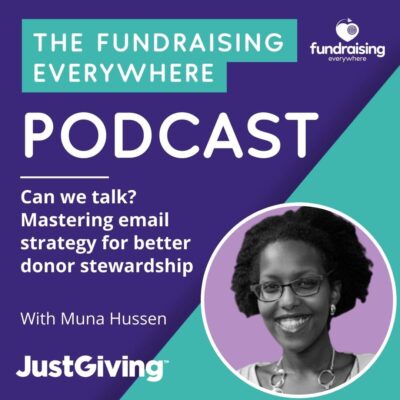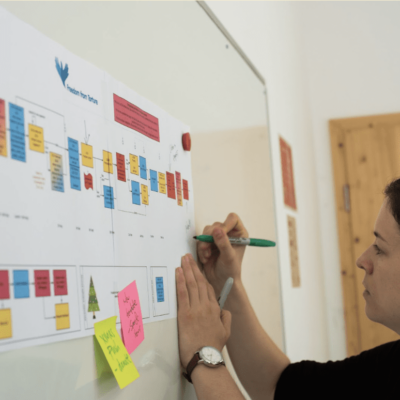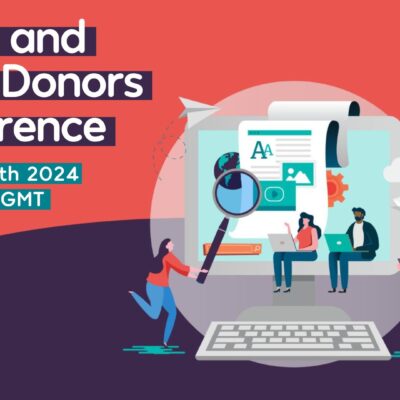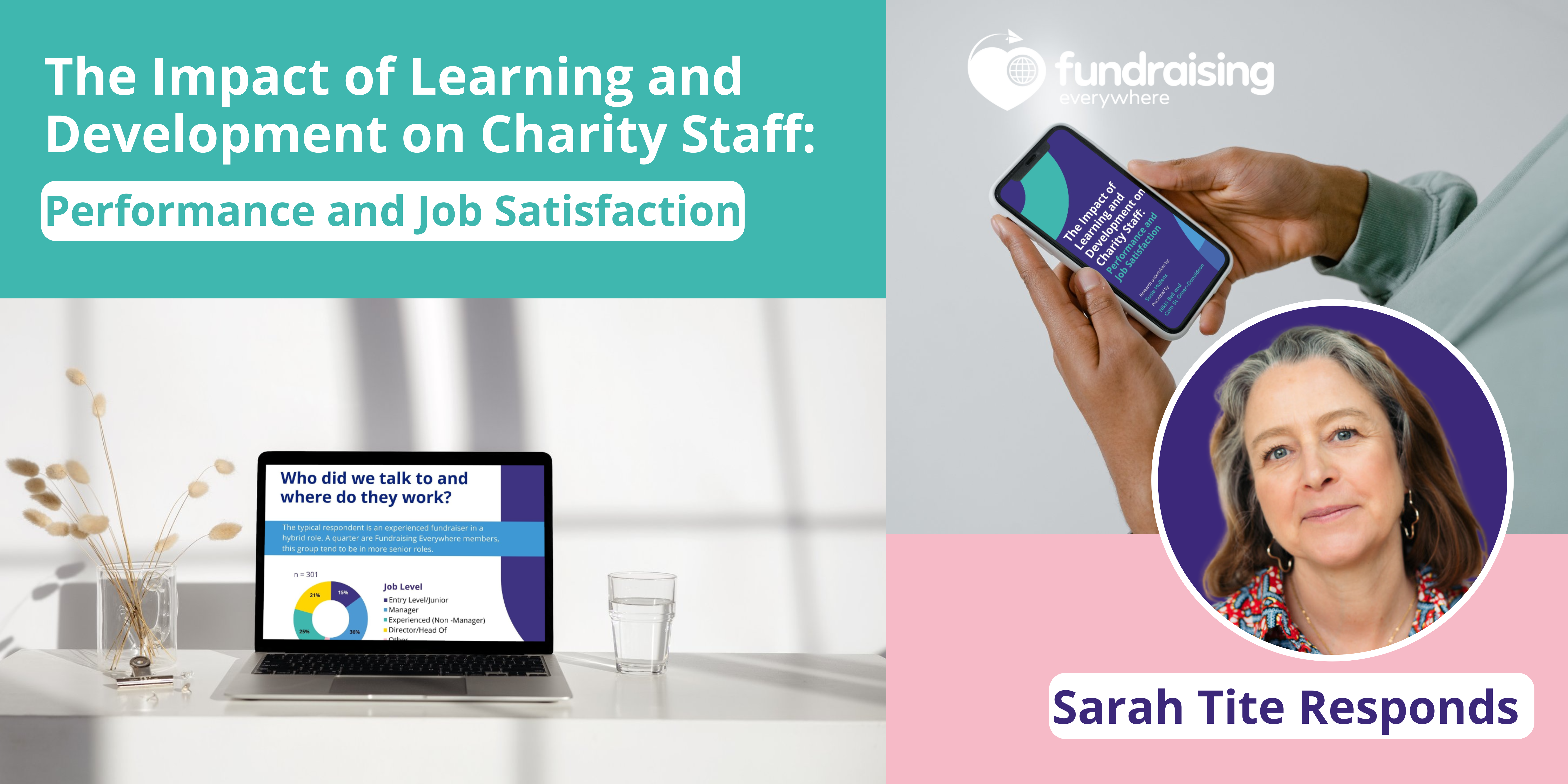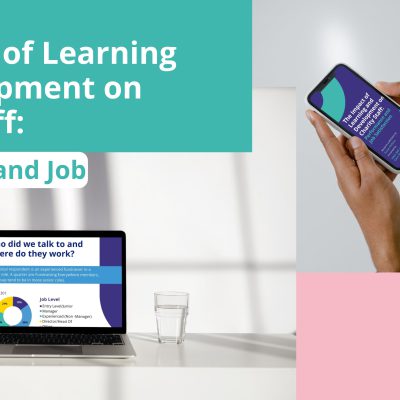
March 20, 2025
Podcast: Navigating the World of Theatre Fundraising: A Fundraising Everywhere Member Spotlight
In this episode of the Fundraising Everywhere podcast, host Simon Scriver has a conversation with proud FE member Sarah Shooter, Head of Development at Theatre Royal Wakefield.
This episode delves into Sarah’s journey as a fundraiser, the unique challenges and successes she’s experienced in the arts sector, and the importance of community and personal touch in fundraising. Discover insights on membership, corporate fundraising, and the art of balancing various fundraising activities within a small team.
Whether you’re a seasoned fundraiser or new to the field, this episode offers valuable lessons on maintaining passion and optimism in the face of challenges.
